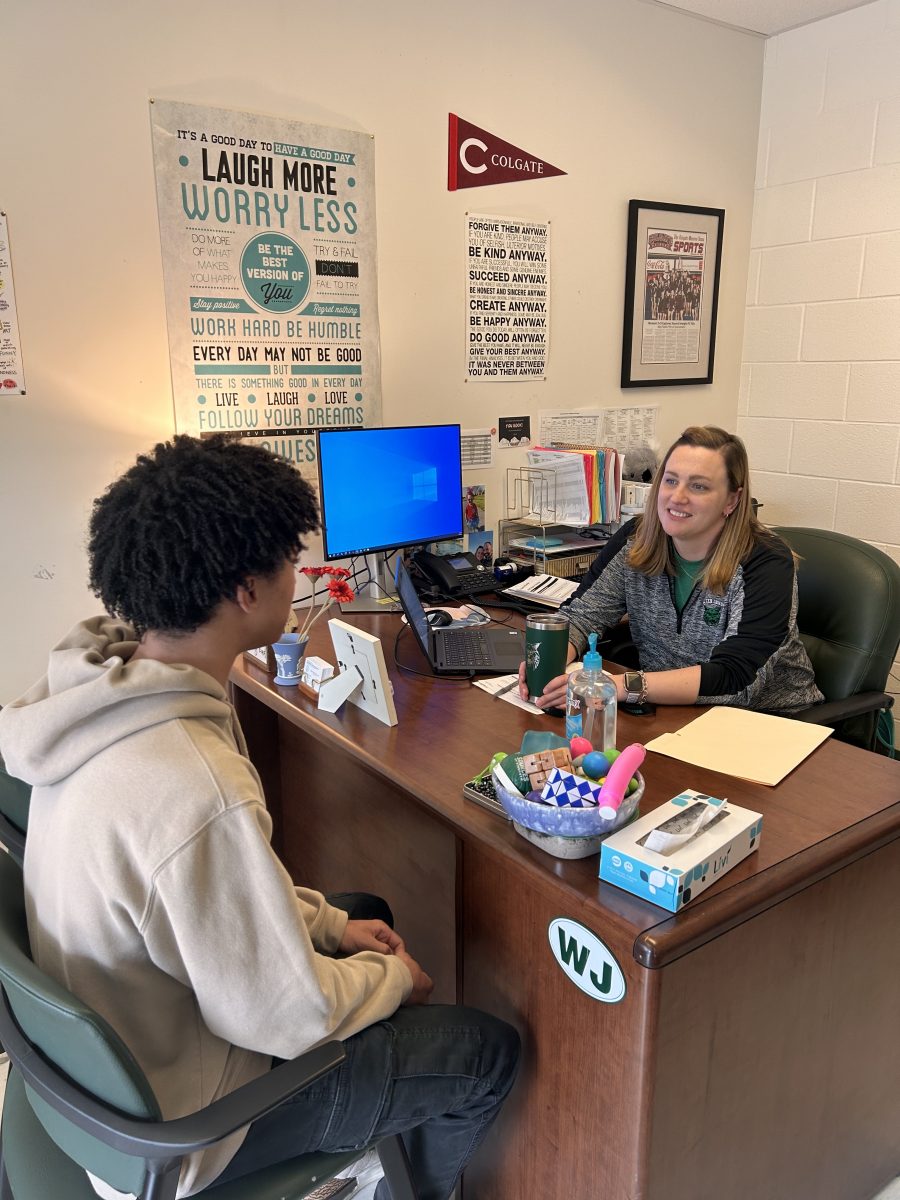Universities across the country have begun extending prospective student commitment deadlines from May 1 to late May and even early June due to issues and delays with the 2023-2024 Free Application for Student Aid (FAFSA).
This year, the U.S. Department of Education made several changes to the FAFSA form in an effort to make the form shorter and easier for students to complete. However, after several delays and glitches, including the release of the form in December as opposed to November, applicants being locked out, issues with log-in and more, the Department announced that colleges will not receive student financial aid information until mid-March instead of late-January, when they typically receive this information.
“I filled out the FAFSA form, [and] the most notable issue I had with it was the fact that it submitted without me signing it,” senior Ethan Miller said. “Right before I had the opportunity to [turn it in], it submitted by itself, which is really frustrating.”
Students largely agree that the new FAFSA has been unsuccessful, despite its simplification from previous years.
“I think they were successful in making the form easy and efficient to fill out, but unsuccessful in the sense that it has been very difficult and inefficient for colleges to receive it and for the rollout of the new [FAFSA] from the start,” senior Lucas Jaho said. “The delays and lack of specific release dates and dates for when colleges can receive it have caused a lot more harm than the good of the [FAFSA] being easier just to fill out.”
Traditionally, May 1, known as National College Decision Day, is the deadline for accepted students to commit to a school. However, because of the FAFSA technical issues, colleges will not be able to determine financial aid packages until late March and April. As a result, over 100 schools, notably several in the DMV area, have decided to extend this deadline. The new decision day varies from school to school, with most postponing to May 15 and some even postponing to June 1.
“I think the extension makes sense. Because of the FAFSA delays, financial aid packages have also been delayed, as well as other scholarships. Giving students a little over 2 weeks to commit after hearing their financial aid package feels like a very short period of time. [The University of] Michigan says I’ll hear about scholarships and financial aid by April 15, but the decision deadline is May 1,” Jaho said.
Students are taking advantage of this extension to weigh their choices and evaluate the benefits and drawbacks of each college so that they can make the best decision possible.
“I will likely use this extra time to visit schools I’m accepted to, to ensure I make the right decision,” Miller said.
Still, some students have already committed to a college whether by Early Decision or announcing commitment shortly after being accepted. However, knowing the financial aid package a school offers is vital to many students’ decision to attend a school.
“This information [about the commitment extension] doesn’t give me any second thoughts about committing to my school. I feel like it’s nice that schools have given people more time to consider their choices and make careful decisions,” senior and incoming University of Pennsylvania freshman Jasmin Wu said.



































